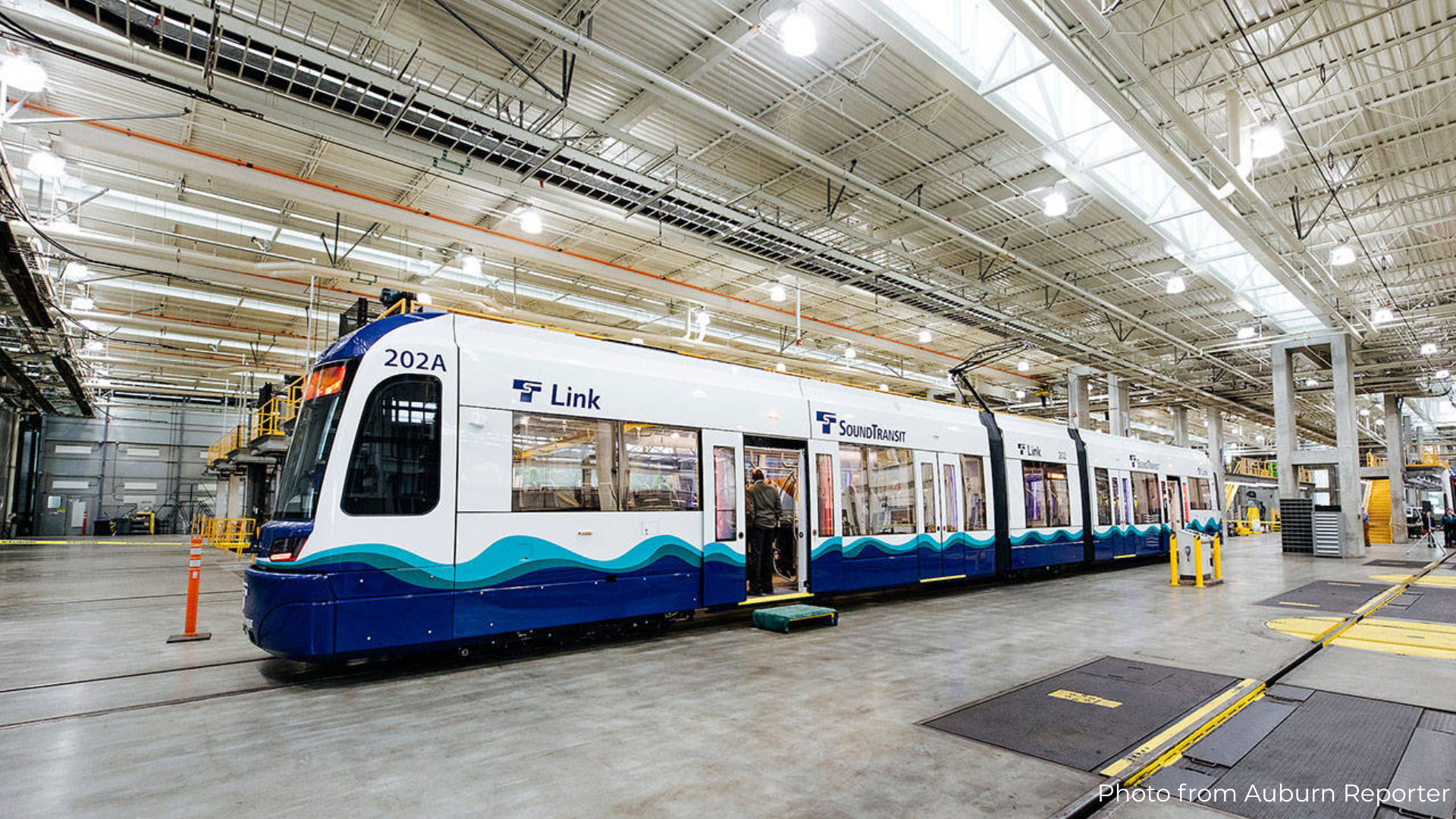During a preliminary injunction hearing against Sound Transit a couple weeks ago, a lawyer from the Attorney General’s office argued that changing how the Department of Licensing (DOL) calculates Sound Transit’s car tab taxes would be too expensive a fix for the agency and would take too long.
The injunction, which was denied, is tied to a second class-action lawsuit filed on behalf of taxpayers against Sound Transit. The lawsuit challenges Sound Transit’s authority to collect a tax that is based on a vehicle depreciation schedule that is no longer in state law.
In light of learning that Sound Transit is collecting the Sound Transit 3 (ST3) car tab tax based on a 1999 depreciation schedule when the law they wrote mandates the use of a 1996 schedule, the plaintiffs argue that this error impacts the Sound Move car tab tax as well. In other words, between the two lawsuits, Sound Transit’s entire authority to collect car tabs using the repealed 1999 schedule is in question.
The only valuation Sound Transit (and DOL) are authorized to use, according to the lawsuit, is the depreciation schedule in current law, which is the 2006 depreciation schedule.
But even if Sound Transit fights and wins against using the modest 2006 depreciation schedule, DOL will still need to change how it calculates car tabs – whether the switch be to the 2006 schedule in statute or the 1996 schedule that Sound Transit prefers. And whether the cost to DOL is $1 or $1 million, the agency must comply with the law.
The AG’s office argued that the actual cost to reprogram the system DOL uses to calculate car tabs (called DRIVES) would be $115,000 – which is a “great expense” and would take six months to implement.
This seems a fairly low expense for a public agency that just spent $60 million on a DRIVES Business and Technology Modernization project that should make adjustments like this one to car tabs much faster and easier.
Further, DOL has a contract with Sound Transit whereby Sound Transit reimburses DOL for administrative costs tied to the collection of the MVET. Chances are that DOL would be reimbursed by Sound Transit for reprogramming DRIVES, and the cost wouldn't even put a dent in Sound Transit's budget. After all, the transit agency currently brings in about $120,000 per hour in tax revenue.
Even more interesting is the fact that it took DOL about four months to update its system to impose the Sound Transit 3 car tab tax that passed in November 2016. Officials started collecting the tax in March 2017.
Apparently, $60 million dollars of an upgrade later, it will take DOL two months longer to reprogram the system again - but for the purpose of providing tax relief.
Even if all of this were true, the difficulty of complying with the law is not an excuse not to do so.
As Joel Ard points out in his response to the state, “it is surprising to hear the chief law enforcement officer of the State ask the Court to deny a motion for preliminary injunction on the ground that it will require six months to conform its practices to a law that has been in existence for thirteen years, which it does not follow now, and which it apparently has no intention of ever following absent the court order it opposes.”





